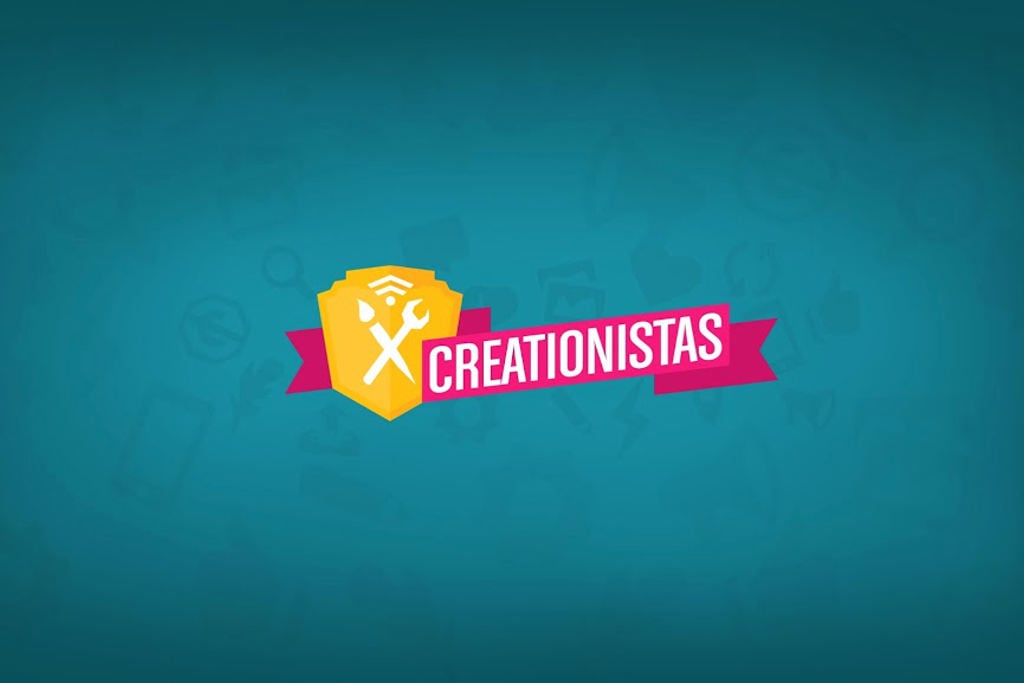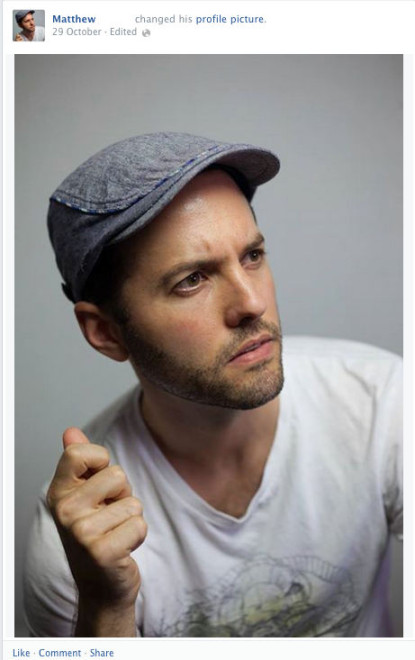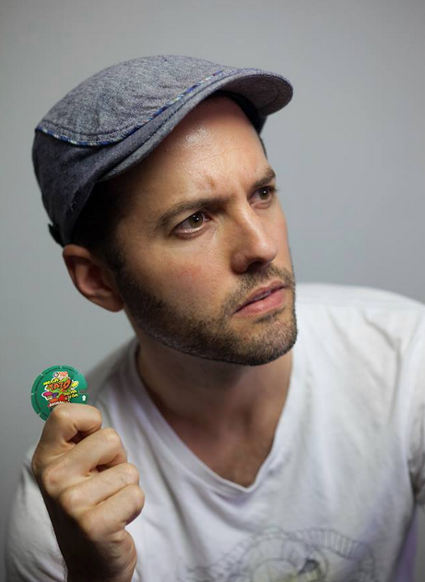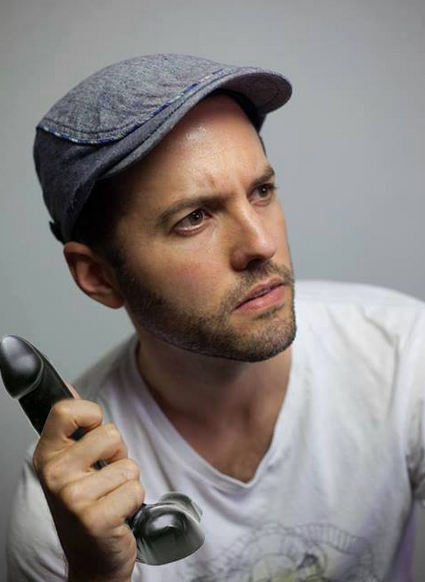Australia’s Copyright Laws Discriminate Against Me-me
Most memes are actually illegal in Australia. So are many other forms of digital creative endeavor. It's time for that to change.

Last week, my good friend Matthew updated his profile picture on Facebook.
The picture was a studio quality photo, shot with beautiful lighting and a soft focus lens on a white cyclorama background, and the subject himself is seen pulling a wonderfully pretentious Blue Steel pose, with his fist clenched just inches from his fierce face.
This photo was atrociously over-earnest for those who know Matthew: a jovial fellow with a terrific sense of humor. By all measures this photo was put on Facebook as a joke, to entertain his friends.

And boy did we have fun.
It started off with a little bit of light banter with hilarious suggestions for captions.
Then one friend Photoshopped a Tazo in Matt’s hand.

I decided that was lame, and Photoshopped a black dildo in instead.
Why? Well, because Matthew is a new dad, and if there’s going to be an incongruity that’ll garner “likes”, it’s a new dad with a black dildo in his hand. (And because I have mad Photoshop skills.)

This is the kind of digital banter that friends engage in online every minute of the day. But it isn’t funny according to Australian law. We’re all outlaws in the eyes of the Old Lady Justice (which is ironic because every time I’ve ever seen statues of Old Lady Justice she’s blindfolded.)
That act of Matthew uploading that photo as his profile picture is potentially a breach of Australian copyright law. Downloading that photo onto my computer is a breach. Downloading a copy of a black dildo is a breach. Photoshopping the dildo into the profile photo is a breach. Then uploading it to a carriage service like Facebook is a breach.
Five copyright breaches, in one little Facebook joke.
The risk of being sued, however, is low. The photographer of the Tazo and of the black sex toy could have sued for damages if they wanted, but the way the images were used were hardly damaging. Nor did our reproductions take money away from the copyright owners.
Fair Use vs Fair Dealing: Australia Is Behind
These defenses are fine for places like the United States where, they have ‘Fair Use’ provisions in their copyright law — but in Australia we have ‘Fair Dealing’ provisions, which means that we can’t Photoshop dildos into our friends’ hands within the boundaries of Australian law. Under ‘fair dealing’, if you wanted to download the image and/or upload a new version of it, it would have to meet a few criteria: it would have to be for satire or parody, criticism or a review, used for legal advice, reporting the news, or created for educational purposes (arguably).
This kind of storytelling in Australia isn’t legal, but it happens anyway. Why? Because no one knows it’s illegal, and no one cares. It’s simply the language of the internet. Two generations of people have grown up online, and laws have yet to catch up and serve them in the right way. The digital divide isn’t about nations, it’s about generations. Young people are more closely connected to other young people than older people who live in the same country. And the digital divide between young and old is growing.
The “Fair Dealing” provision criminalises digital culture, which means “Fair Dealing” discriminates against two generations of young people, which means “Fair Dealing” is anything but fair.
Creationistas
As you can see, I have a disproportionate sense of passion when it comes to intellectual property and the ability for people to express themselves. I don’t know why. Perhaps you can chalk it up to growing up in a big family where getting attention was difficult.
This is why I’ve created the Creationistas campaign for the Australian Digital Alliance. They’re an excellent group who are backing reforms to Australian Copyright law, not just for creators of spurious web content like me, but for librarians, academics, and the tech sector. It’s NOT just for LOL cats; reform that gives Australians creative freedom will also encourage business to stay in Australia, and encourage innovation, too.
This is not about piracy; this is about culture. This is about how young people tell their stories. What we need is the creative freedom that ‘Fair Use’ brings. In conclusion, I’d like to point out that the Tazo picture has six “likes”, and my Dildo version has nine. I rest my case, your honour.
–
Find out more about Creationistas here.
–
Dan Ilic is a writer, comedian, broadcaster, and filmmaker, who’s been seen on ABC TV’s Hungry Beast, and Channel Ten’s Can of Worms and The Ronnie Johns Half Hour. He hosts A Rational Fear, widely regarded as Australia’s third best satirical comedy show. In his spare time Dan creates engaging branded content for activist groups and brands who are courageous enough to really want cut through.